
Resilience is a fundamental trait that allows individuals to overcome adversity and bounce back from challenging situations. It is the ability to adapt and thrive in the face of stress, trauma, and hardships. But what are the key components of resilience? What factors contribute to an individual’s ability to withstand and recover from life’s difficulties?
There are five essential factors that play a crucial role in resilience. These factors are interconnected and work together to build a strong foundation of mental and emotional strength. Understanding these key components can help individuals develop their resilience and navigate life’s challenges with greater ease.
The first factor is self-awareness. This involves having a deep understanding of one’s emotions, strengths, and weaknesses. Self-awareness allows individuals to recognize their own reactions to stress and develop strategies to cope effectively. It also enables them to seek support when needed and make informed decisions.
The second factor is optimism. Having a positive outlook on life and believing in one’s ability to overcome challenges is essential for resilience. Optimism helps individuals maintain hope and motivation even in difficult times. It allows them to see setbacks as temporary and believe in their ability to find solutions.
Emotional Intelligence: Developing Self-Awareness and Empathy
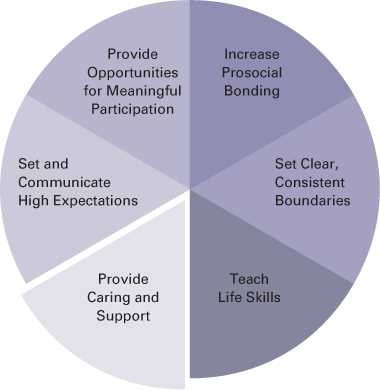
Emotional intelligence is one of the five key factors of resilience. It is the ability to understand and manage our emotions effectively. Developing self-awareness and empathy are crucial aspects of emotional intelligence.
Self-awareness involves recognizing and understanding our own emotions, strengths, weaknesses, and values. It allows us to have a clear understanding of who we are and what drives us. By being self-aware, we can better manage our emotions and make informed decisions during challenging times.
Empathy, on the other hand, is the ability to understand and share the feelings of others. It involves being able to put ourselves in someone else’s shoes and see things from their perspective. Empathy allows us to connect with others on a deeper level and offer support and understanding.
Developing self-awareness and empathy can greatly contribute to our resilience. When we are self-aware, we can better identify our emotions and understand how they may impact our thoughts and actions. This self-awareness allows us to regulate our emotions and respond to challenges in a more constructive manner.
Empathy, on the other hand, helps us build strong relationships and foster a sense of community. When we can understand and empathize with others, we can provide them with the support they need and create a supportive environment. This connection with others can provide a sense of belonging and strengthen our resilience.
In conclusion, emotional intelligence plays a vital role in resilience. Developing self-awareness and empathy are important components of emotional intelligence. By understanding ourselves and others, we can better navigate challenges and build strong connections, ultimately enhancing our resilience.
Recognizing and managing emotions
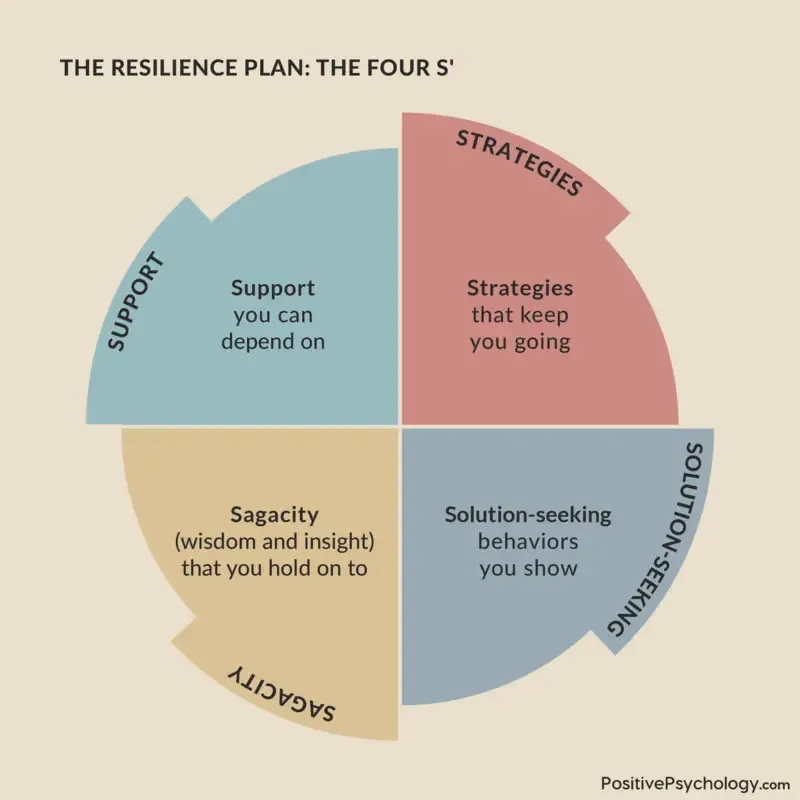
One of the key components of resilience is the ability to recognize and manage emotions. Emotions play a significant role in our lives and can greatly impact our ability to bounce back from adversity. Understanding what emotions are and how to effectively manage them is crucial for building resilience.
Emotions are complex psychological and physiological responses to stimuli that can range from joy and happiness to fear and sadness. They are an essential part of being human and can provide valuable information about our needs and desires. However, when emotions become overwhelming or difficult to manage, they can hinder our ability to cope with challenges and setbacks.
Recognizing and acknowledging our emotions is the first step in effectively managing them. This involves being aware of our emotional states and being able to identify the specific emotions we are experiencing. By recognizing our emotions, we can better understand how they are influencing our thoughts and behaviors.
Once we have identified our emotions, it is important to develop strategies for managing them. This can involve various techniques such as deep breathing exercises, journaling, or seeking support from others. By actively engaging in these strategies, we can regulate our emotions and prevent them from overwhelming us.
Managing emotions also includes learning how to express them in healthy and constructive ways. This involves finding appropriate outlets for our emotions, such as talking to a trusted friend or engaging in creative activities. By expressing our emotions in a healthy manner, we can prevent them from building up and causing further distress.
Overall, recognizing and managing emotions is an essential component of resilience. By understanding what emotions are and how to effectively manage them, we can develop the emotional intelligence necessary to bounce back from adversity and thrive in the face of challenges.
Understanding and empathizing with others
One of the five factors of resilience is understanding and empathizing with others. This factor plays a crucial role in building resilience and maintaining strong relationships.
Understanding others involves being able to see things from their perspective and recognizing their emotions and experiences. It requires active listening and open-mindedness. When we understand others, we can better support them and offer help when needed.
Empathizing with others goes beyond understanding. It involves connecting with others on an emotional level and sharing in their feelings. Empathy allows us to relate to others and show compassion and kindness. It helps to create a sense of belonging and fosters stronger relationships.
By understanding and empathizing with others, we can build stronger connections and support systems. This factor of resilience helps us to navigate challenges together and find solutions collaboratively. It also promotes a more inclusive and supportive environment, where everyone feels valued and understood.
In summary, understanding and empathizing with others are essential factors of resilience. They allow us to build stronger relationships, offer support, and create a sense of belonging. By practicing active listening and empathy, we can foster a more resilient and compassionate community.
Optimism and Positive Thinking: Cultivating a Positive Mindset
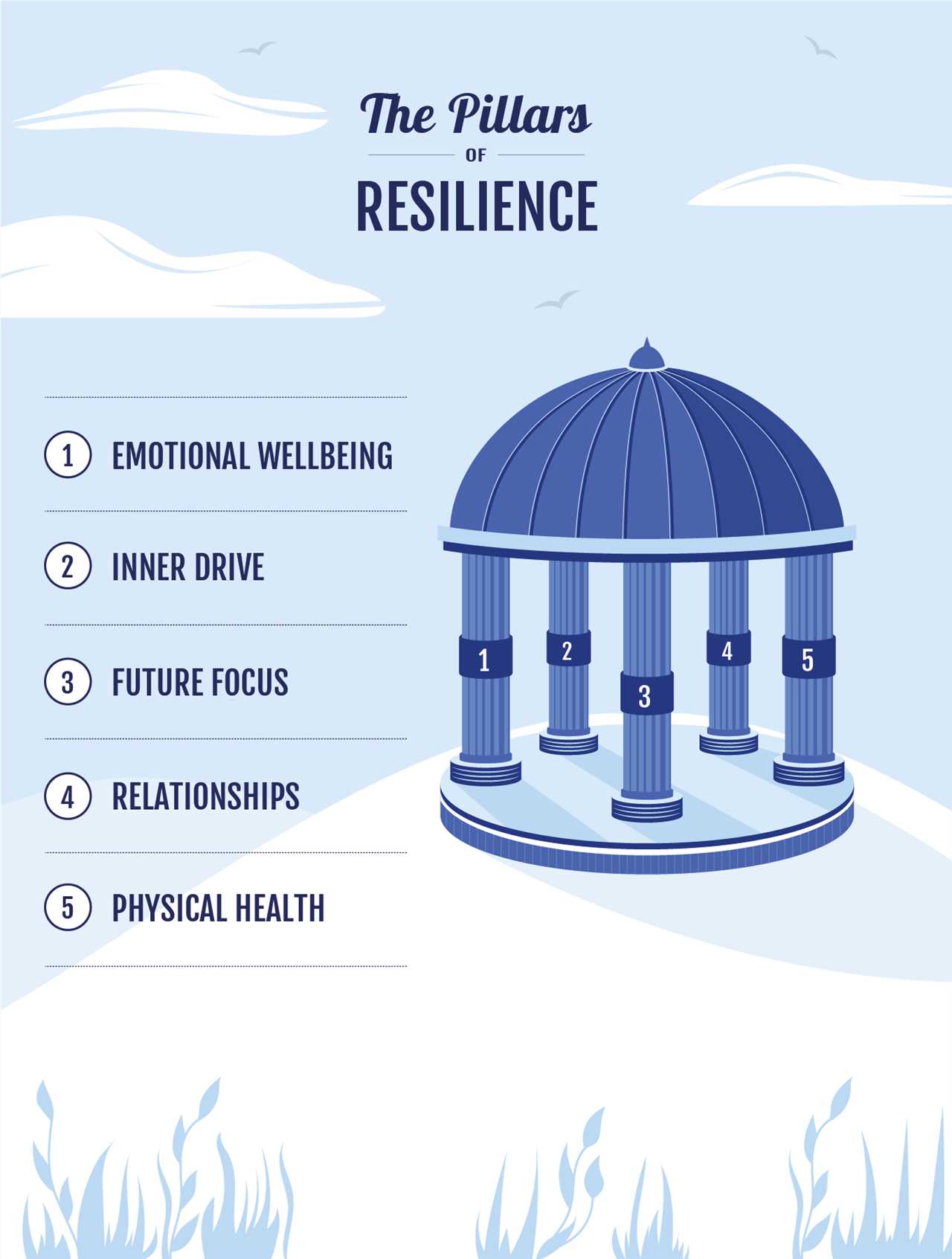
When it comes to resilience, one of the key factors that contribute to an individual’s ability to bounce back from adversity is optimism and positive thinking. These two components play a crucial role in cultivating a positive mindset, which is essential for building resilience.
So, what exactly is optimism? It is the belief that things will work out for the best, even in the face of challenges and setbacks. Optimistic individuals tend to have a positive outlook on life and believe that they have the power to overcome obstacles.
Positive thinking goes hand in hand with optimism. It involves focusing on the good in any given situation, rather than dwelling on the negative aspects. This mindset allows individuals to approach challenges with a solution-oriented mindset, seeking opportunities for growth and learning.
The five factors of resilience are interconnected, and optimism and positive thinking are no exception. By cultivating a positive mindset, individuals can enhance their ability to adapt and recover from adversity. When faced with a setback, optimistic individuals are more likely to view it as a temporary hurdle that can be overcome, rather than a permanent roadblock.
Moreover, optimism and positive thinking can also have a significant impact on an individual’s mental and emotional well-being. Research has shown that individuals who practice positive thinking experience lower levels of stress and anxiety, as well as improved overall mental health.
So, how can one cultivate a positive mindset? It starts with challenging negative thoughts and replacing them with positive ones. This can be achieved through practices such as gratitude journaling, affirmations, and surrounding oneself with positive and supportive individuals.
Furthermore, it is important to develop resilience-building habits, such as practicing self-care, setting realistic goals, and maintaining a healthy work-life balance. These habits can contribute to a positive mindset and help individuals navigate through challenges more effectively.
In conclusion, optimism and positive thinking are essential components of resilience. By cultivating a positive mindset, individuals can enhance their ability to bounce back from adversity and maintain their mental and emotional well-being. So, let’s embrace optimism and positive thinking as we strive to build resilience in our lives.
Focusing on strengths and possibilities
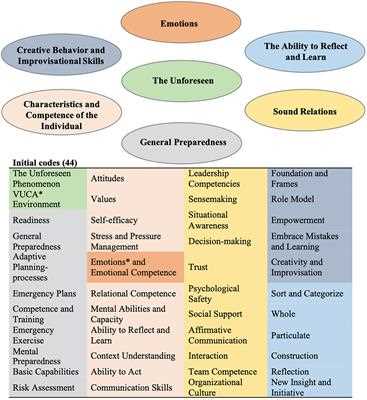
One of the key factors of resilience is focusing on strengths and possibilities. It involves recognizing and utilizing your own strengths and resources to overcome challenges and bounce back from adversity. By focusing on what you are capable of and what is possible, you can develop a positive mindset and approach to life’s difficulties.
When faced with a difficult situation, it is important to identify your strengths and use them to your advantage. This could include skills, talents, knowledge, or personal qualities that can help you navigate through tough times. By acknowledging and leveraging these strengths, you can build confidence and resilience.
Additionally, focusing on possibilities allows you to see beyond the immediate obstacles and envision a brighter future. Instead of dwelling on what went wrong or what you have lost, shift your attention to what can be achieved and what opportunities lie ahead. This mindset shift opens up doors for growth and fosters a sense of hope and optimism.
By focusing on strengths and possibilities, you are able to tap into your inner resources and cultivate resilience. It empowers you to take control of your circumstances and find creative solutions to challenges. Remember, resilience is not about avoiding hardships, but rather about bouncing back and thriving in the face of adversity.
Challenging negative thoughts and beliefs
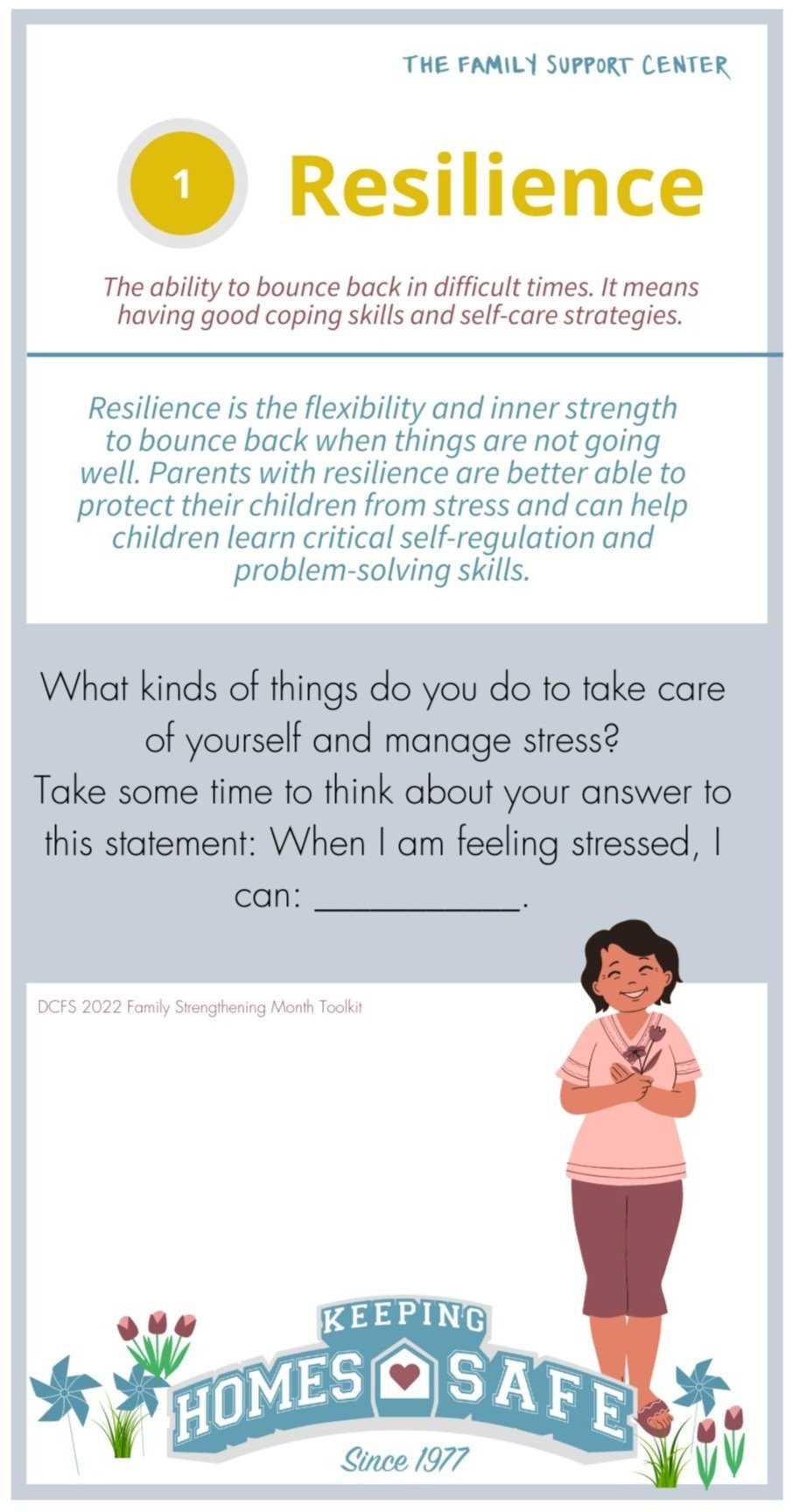
One of the key factors of resilience is the ability to challenge negative thoughts and beliefs. Negative thoughts and beliefs can have a significant impact on our mental well-being and can hinder our ability to bounce back from difficult situations.
Resilience is the ability to adapt and bounce back in the face of adversity. It involves maintaining a positive outlook, staying focused on one’s goals, and finding ways to cope with stress and challenges. Challenging negative thoughts and beliefs is an essential component of resilience because it allows us to reframe our perspective and cultivate a more positive and empowering mindset.
So, what exactly are negative thoughts and beliefs? Negative thoughts are self-defeating or pessimistic thoughts that can arise in response to challenging or stressful situations. They can include thoughts such as “I’m not good enough,” “I’ll never succeed,” or “I can’t handle this.” Negative beliefs, on the other hand, are deeply ingrained assumptions or convictions about ourselves, others, or the world around us that are negative and limiting.
Challenging negative thoughts and beliefs involves recognizing when these thoughts and beliefs arise and questioning their validity. It requires us to challenge the evidence supporting these negative thoughts and beliefs and to consider alternative, more positive interpretations. This process can be facilitated by asking ourselves questions such as:
Is there evidence to support this negative thought or belief?
Is there evidence to contradict this negative thought or belief?
What would I say to a friend who had this negative thought or belief?
What are some alternative explanations or interpretations?
By challenging negative thoughts and beliefs, we can begin to shift our mindset and develop a more resilient outlook. This process takes time and practice, but with persistence, it can lead to increased self-confidence, improved problem-solving skills, and enhanced overall well-being.
Social Support: Building Strong Relationships and Networks
One of the five factors of resilience is social support. Social support refers to the relationships and networks that individuals have in their lives. These relationships can play a crucial role in helping individuals to cope with and recover from difficult situations.
So, what are the five factors of resilience? They include:
- Emotional regulation: the ability to manage and regulate one’s emotions.
- Optimism: having a positive outlook and belief in one’s ability to overcome challenges.
- Self-efficacy: a sense of confidence and belief in one’s own abilities.
- Adaptability: the ability to adjust and adapt to new situations and changes.
- Social support: building strong relationships and networks.
Social support can come in various forms, such as emotional support, practical support, and informational support. Emotional support involves having someone to talk to and lean on during tough times. Practical support can include help with daily tasks or assistance in solving problems. Informational support involves receiving advice, guidance, and information from others.
Having a strong network of supportive relationships can provide individuals with a sense of belonging, security, and validation. It can also provide a source of encouragement, motivation, and inspiration. Social support can help individuals to feel less alone and isolated, and it can provide a buffer against stress and adversity.
Building strong relationships and networks can be achieved through various means, such as participating in social activities, joining clubs or organizations, volunteering, and maintaining regular contact with friends and family. It is important to nurture and invest in these relationships, as they can serve as a source of strength and support during difficult times.
In conclusion, social support is a key component of resilience. Building strong relationships and networks can provide individuals with the support and resources they need to cope with and overcome challenges. By cultivating and maintaining these relationships, individuals can enhance their overall well-being and resilience.
Nurturing close and supportive relationships
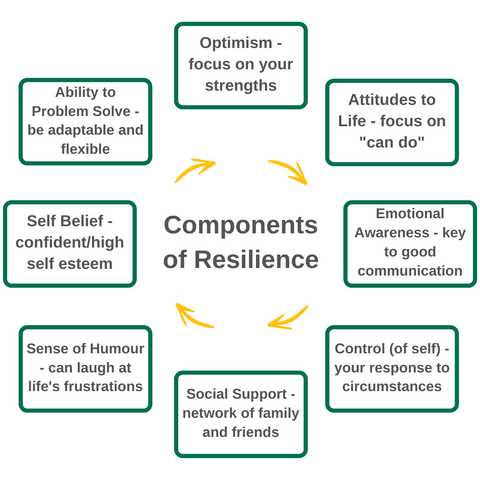
Resilience is the ability to bounce back from adversity and overcome challenges. It is a key component in maintaining a healthy and happy life. One of the five factors of resilience is nurturing close and supportive relationships.
Close and supportive relationships are essential for building resilience. They provide emotional support, encouragement, and a sense of belonging. When faced with difficulties, having someone to lean on can make a significant difference in one’s ability to cope and recover.
These relationships can take many forms, including family, friends, mentors, and therapists. The key is to foster connections that are built on trust, understanding, and mutual respect. It is important to have people in our lives who we can turn to in times of need, who will listen without judgment and offer guidance and support.
Nurturing close and supportive relationships also involves reciprocity. It is not only about receiving support but also about being there for others when they need it. By offering our support and being a source of strength for others, we contribute to the overall resilience of our social networks.
In conclusion, nurturing close and supportive relationships is one of the five factors of resilience. These relationships provide emotional support and a sense of belonging, which are crucial for overcoming challenges and bouncing back from adversity. By investing in these relationships and being there for others, we can build resilience and lead healthier and happier lives.
Seeking and offering help when needed
Resilience is influenced by a variety of factors, and one important aspect is the ability to seek and offer help when needed. Understanding the key components of resilience can help individuals develop this skill and enhance their overall well-being.
When facing challenges or adversity, it is crucial to recognize when we need assistance and be willing to ask for help. Seeking support from others can provide valuable perspectives, advice, and resources that can contribute to problem-solving and resilience. It can also help us feel connected and supported, reducing feelings of isolation and stress.
On the other hand, offering help to others can be equally important. By extending a helping hand, we not only provide assistance to those in need but also strengthen our own resilience. Helping others can foster a sense of purpose and meaning, boost self-esteem, and build social connections.
Furthermore, seeking and offering help when needed can promote a sense of community and collaboration. It encourages individuals to rely on each other and work together towards common goals. This collective effort can create a supportive environment that enhances resilience for everyone involved.
Developing the ability to seek and offer help when needed is not always easy. It requires self-awareness, humility, and a willingness to be vulnerable. However, by recognizing the importance of this factor and actively working on it, individuals can enhance their resilience and navigate challenges more effectively.
In conclusion, seeking and offering help when needed is one of the five key factors of resilience. It involves recognizing when assistance is necessary and being open to both asking for and providing support. By developing this skill, individuals can strengthen their resilience and foster a sense of community and collaboration.

I am Patrina de Silva, a psychologist and mental health blogger in Sri Lanka. After obtaining psychology degrees from the University of Colombo and Monash University, I returned home to work as a counselor while also starting the popular blog “Pressy but Happy” to provide advice on psychological issues. Over the past decade, my empathetic articles have made my blog a leading mental health resource in the country. In addition to writing, I maintain a private therapy practice, frequently volunteer counseling time, and conduct seminars, driven by my passion for destigmatizing mental illness and educating the public on the mind-body connection. I strive to be an influential voice in my field through my compassionate approach.
